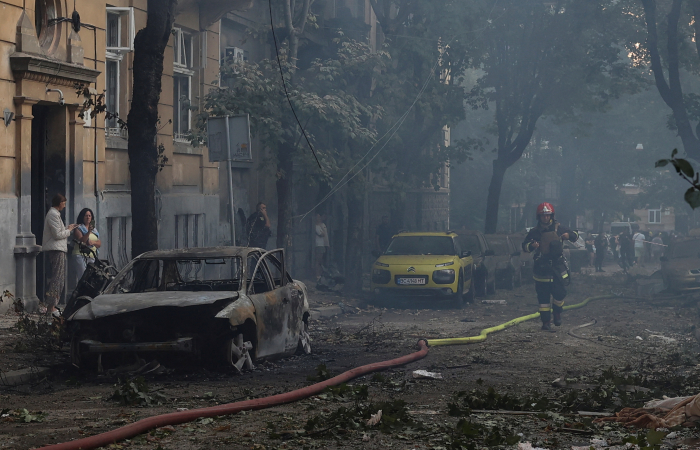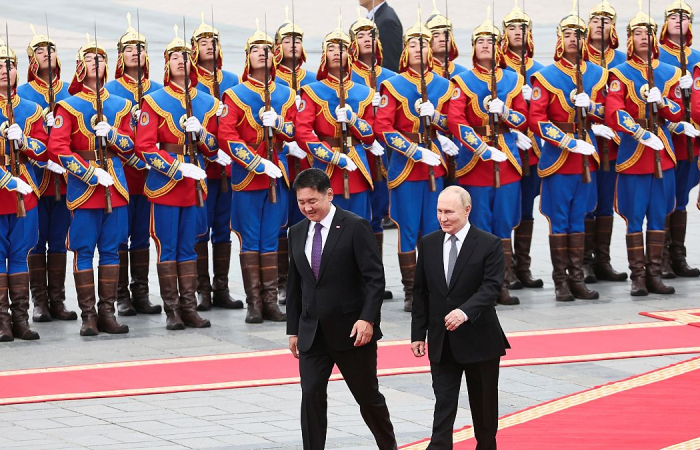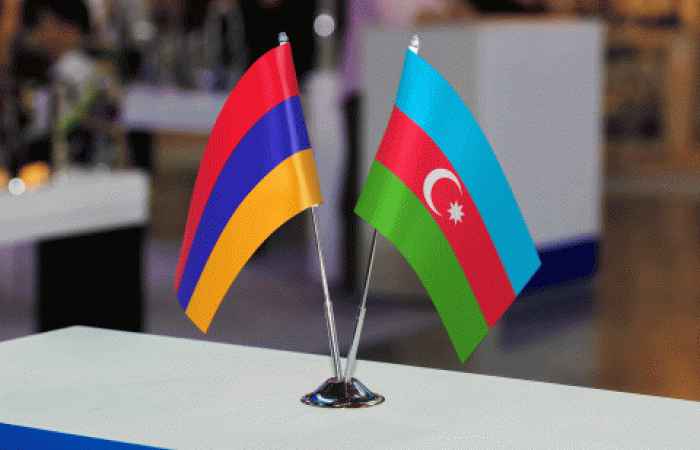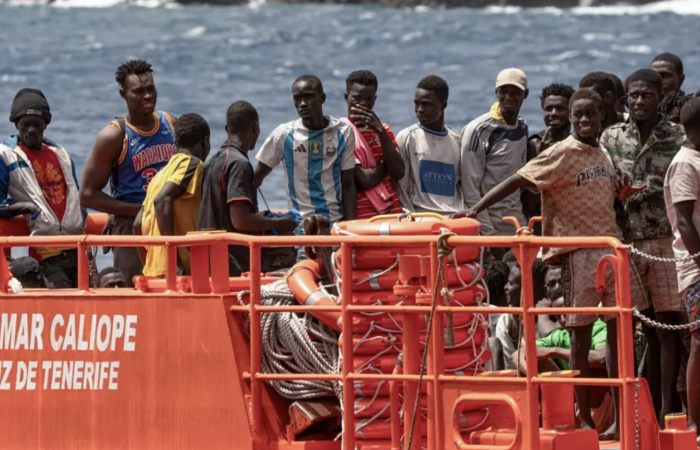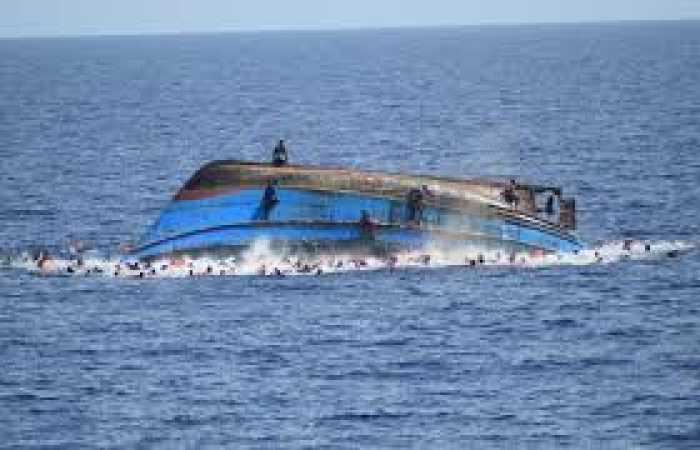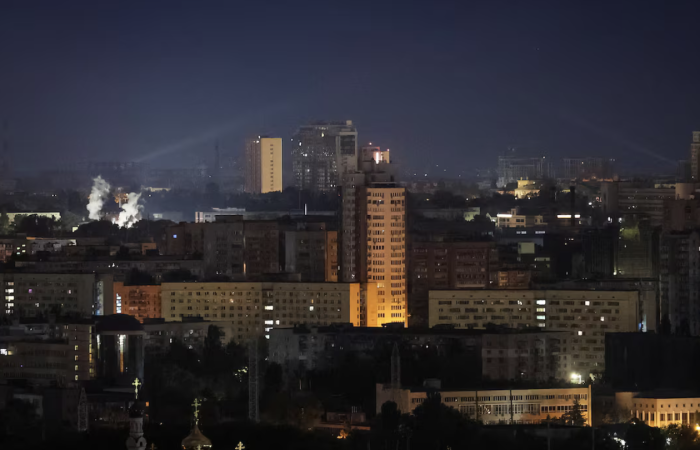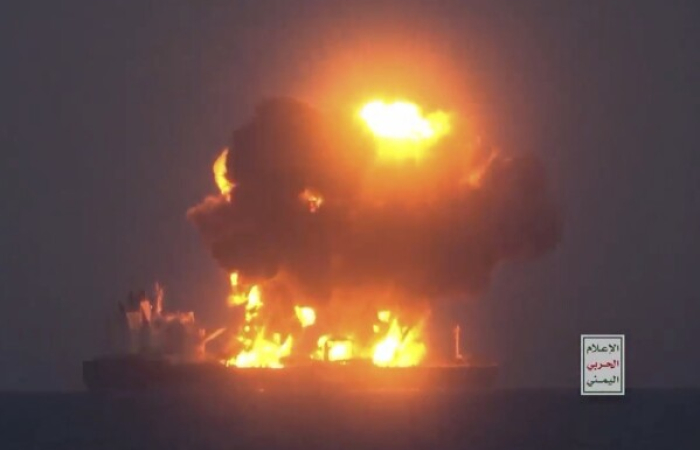Trending
Russian air strikes kill seven people in Lviv, Ukraine
4 September 2024
A major Russian air strike on Lviv, a city in western Ukraine near the border with NATO member Poland, killed seven people, wounded more than 30 and caused extensive damage to historic buildings in the city centre, regional officials said on Wednesday (4 September). The attack came a day after Russia's deadliest single attack this year, when two ballistic missiles hit a military institute in the central Ukrainian city of Poltava, killing 50 people and injuring hundreds more. Meanwhile, neighbouring Poland scrambled jets to secure its airspace for the third time in eight days.



